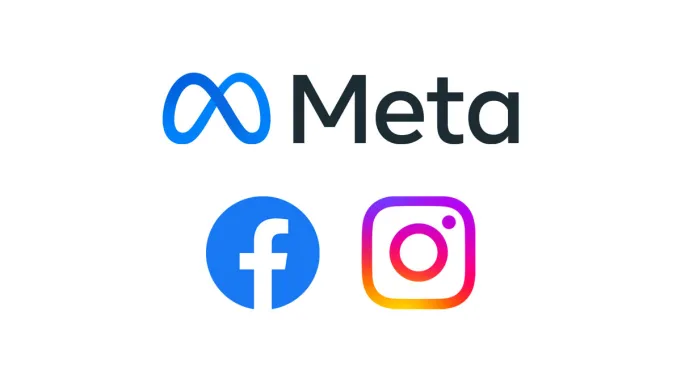
Social Media Under Fire
During a heated Senate hearing, Meta CEO Mark Zuckerberg extended apologies to families whose children had suffered harm due to social media. As the head of both Instagram and Facebook, he turned to them and asserted that “no one should go through” the pain they had endured. The hearing, which lasted nearly four hours, involved questioning not only Mr. Zuckerberg but also the CEOs of TikTok, Snap, X (formerly Twitter), and Discord. Senators from both parties sought answers on how these tech companies are safeguarding children online.
The backdrop for this hearing was the ongoing legislative process in Congress. The proposed legislation aims to hold social media companies accountable for the content posted on their platforms. For the US senators, this rare opportunity allowed them to directly question powerful tech executives. While the focus was primarily on protecting children from online sexual exploitation, the senators took advantage of having these CEOs under oath to address a wide range of issues.
Among the CEOs present, TikTok’s CEO, Shou Zi Chew, faced scrutiny. When asked whether TikTok shared US users’ data with the Chinese government, he denied any such practice. Additionally, US Senator Tom Cotton inquired about Chew’s affiliation with the Chinese Communist Party, to which Chew clarified that he is Singaporean and has no such association.
Throughout the hearing, families affected by social media content sat behind the tech bosses. Some held signs sharing their children’s stories, while others expressed their emotions audibly. As the discussions unfolded, the gravity of the issues at hand became evident, reinforcing the need for continued efforts to protect young users online.
Tears, Tension, and Promises: A fiery US Senate hearing saw social media CEOs grilled over child safety concerns, culminating in Mark Zuckerberg’s apology to families who lost children to online harms. This pivotal moment raises critical questions about platform responsibility, content moderation, and the future of social media regulation.
Zuckerberg’s Apology: Sincere Gesture or Calculated Move?
Facing families whose lives were shattered by online tragedies, Zuckerberg offered an apology, promising to “personally look into” concerning Instagram prompts that could expose users to harmful content. However, some view this as mere damage control, while others see it as a potential turning point. Will it translate into concrete action or remain an empty apology?
Kids Online Safety Act: A Beacon of Hope or Pandora’s Box?
Amidst growing pressure, lawmakers are pushing the Kids Online Safety Act. This legislation aims to hold platforms accountable for content that harms children. While applauded by some, concerns linger about potential censorship and stifling innovation. Can this act strike a balance between protecting children and preserving online freedom?
Moderation Maze: From “Hundreds” to 40,000 – Is Enough Enough?
The hearing revealed stark differences in content moderation practices. Discord, with “hundreds” of moderators, stands in stark contrast to Meta and TikTok’s 40,000 each. Is sheer manpower the answer, or do we need more sophisticated AI tools and robust reporting mechanisms? Can effective moderation exist without infringing on user privacy?
Families’ Heartbreaking Testimony: A Call to Action Unheeded?
Parents who lost children due to online dangers shared their devastating stories, demanding action. Their raw emotions paint a stark picture of the human cost of unchecked online harms. Will their pleas resonate with lawmakers, or will their voices be lost in the political noise?
The Regulatory Tightrope: Can the US Find its Balance?
The US currently lags behind in social media regulation. The hearing highlights the urgent need for legislation that protects users, particularly children, without stifling online expression. Can the US strike a balance between safeguarding its citizens and upholding internet freedom?
The Senate hearing is just the beginning. Zuckerberg’s apology, the proposed legislation, and the experiences of families raise crucial questions about the future of social media. Whether the US can navigate this complex landscape effectively remains to be seen. One thing is certain: the eyes of the world are watching, and the stakes are high.
NEXT : Apple Plans to Integrate EDGE AI into Upcoming iOS Release